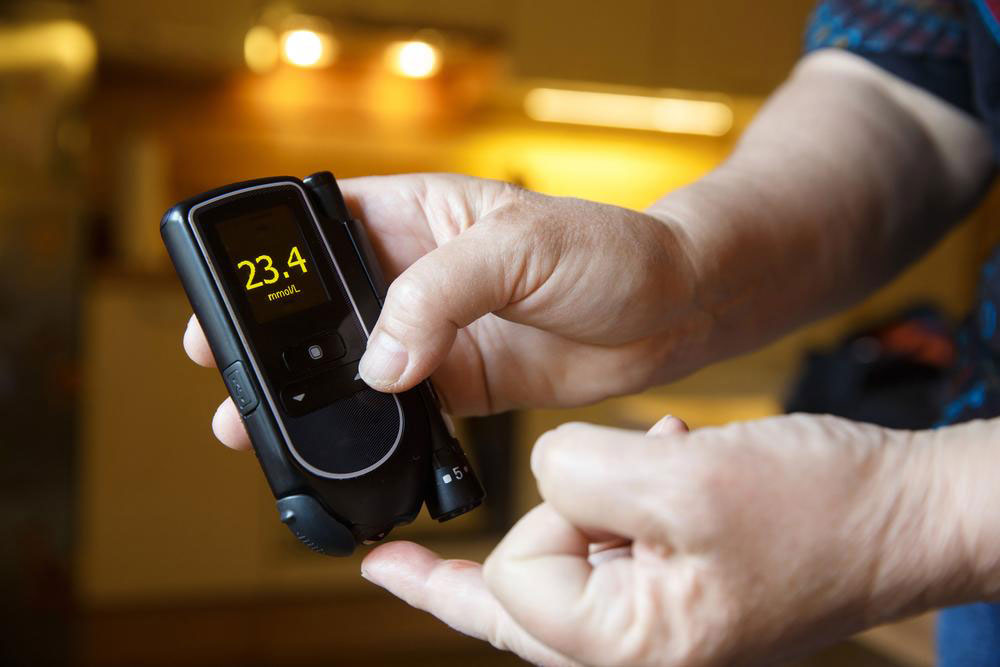Recognizing Signs and Stages of Dementia
Learn to identify the early signs and stages of dementia, from mild symptoms like forgetfulness to severe dependency. Early diagnosis can improve management and quality of life for patients. This guide covers key types, symptoms, and progression stages of dementia, emphasizing the importance of timely medical intervention and caregiver planning.

Recognizing Signs and Stages of Dementia
As people age, their risk of developing certain mental health conditions increases. Dementia is a common age-related condition that affects the elderly, encompassing symptoms like memory loss, poor coordination, and decline in mental functions. The manifestation varies among individuals—some experience rapid decline, while others progress slowly over years. The illness inevitably worsens over time, with no known cure. Early detection can help manage symptoms and improve quality of life, enabling better planning for care and participation in clinical trials.
Main Types of Dementia include:
• Alzheimer’s Disease
• Lewy Body Dementia
• Vascular Dementia
• Parkinson’s Disease Dementia
• Frontotemporal Dementia
• Mixed Dementia
Each patient’s experience varies. Early symptoms include forgetfulness, difficulty with spatial reasoning, and trouble finding words, often called Mild Cognitive Impairment. Dementia is categorized into mild, moderate, and severe stages.
Mild Dementia:
Individuals remain independent but may notice:
- Forgetting locations of everyday objects
- Struggling with words mid-conversation
- Forgetting recent events
- Persistent fatigue
- Social withdrawal and subdued behavior
- Difficulty planning and solving problems
- Challenges in managing finances
- Loss of interest in hobbies or work
Moderate Dementia:
As the disease advances, assistance with daily tasks becomes necessary. Key features include:
- Impaired judgment, especially in money management
- Increased confusion
- Memory loss, including long-term memory
- Motor skill coordination issues
- Reduced self-care interest
- Agitation and suspicion
- Sleep disturbances and restlessness
Severe Dementia:
Patients become entirely dependent, with mental and physical decline being profound. Symptoms include:
- Loss of ability to communicate
- Inability to dress or eat independently
- Increased vulnerability to infections like pneumonia
- Loss of mobility and basic physical functions
- Severe incontinence in advanced stages
While dementia currently has no cure, early diagnosis allows for intervention to slow progression and enhance life quality. It also provides caregivers with time for proper planning. Clinical trials may be an option for early-stage patients, offering access to emerging treatments.










